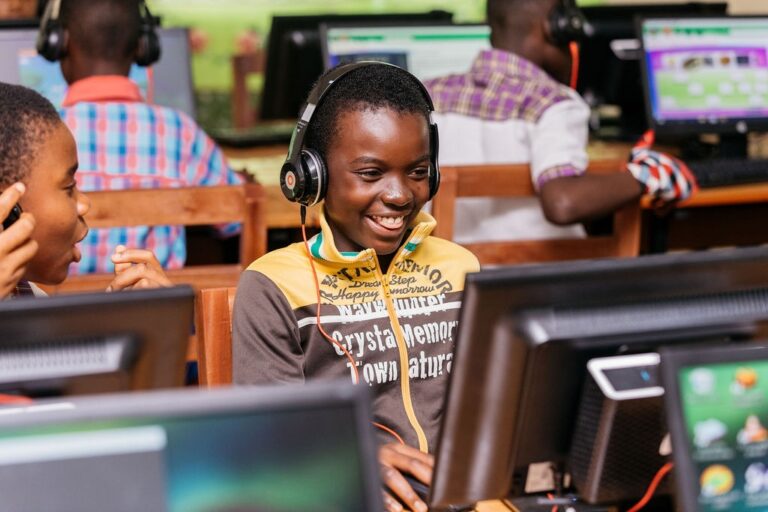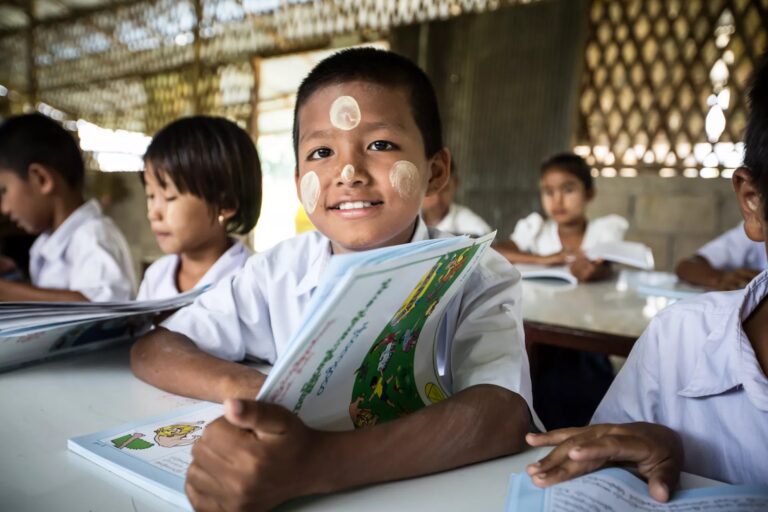Story Source: WRAL~ Go to Original Article
Nearly a quarter century after a state Supreme Court ruling known as Leandro reaffirmed North Carolina’s constitutional duty to ensure all children — including those who are at-risk or from rural and underserved communities — have the opportunity to receive a sound basic education, our state continues to struggle to meet this constitutional obligation. On this week’s episode, we’ll explore the school funding challenges at both the state and local levels that make it difficult to uniformly provide a high quality education for every child, and we’ll also explore how we might overcome these challenges, as the Governor’s Commission On Sound Basic Education and its court appointed expert third party research partner, WestEd, are expected to soon present our state policy leaders with a report detailing what needs to be done to address the educational needs of our children………….



![[Preliminary Report] CRNA Collaborative Research for Exploring Factors Nurturing"Happy and Resilient" Children among Asian Countries](https://equity-ed.net/wp-content/uploads/2024/09/1725672182698.jpg)


